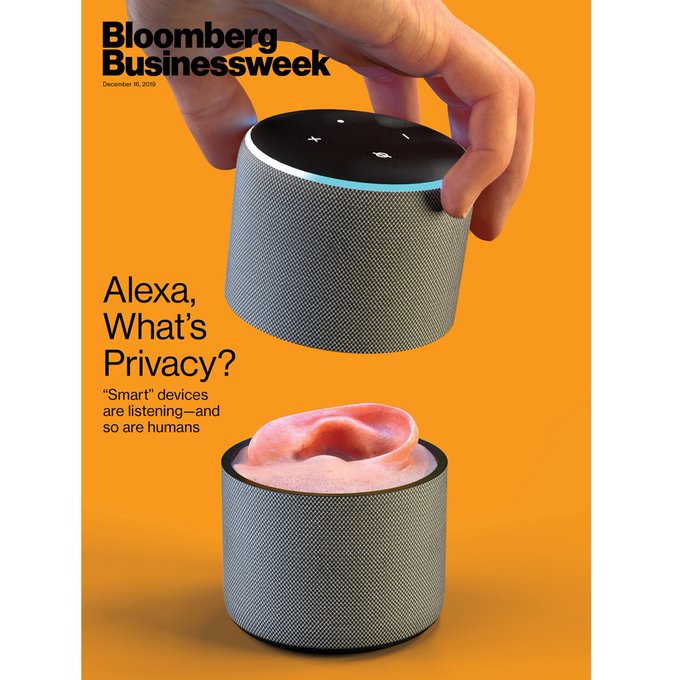Apple CEO Tim Cook says monopolies aren’t bad if they aren’t abused Business
France Wants To Rein In Big Tech
Australian commando who raised Afghanistan war crime allegations found dead
Sergeant Kevin Frost, a "fearless" Australian commando who went public three years ago about his involvement in an alleged war crime in Afghanistan, has died — becoming one of the hundreds of former and serving defence personnel who have taken their own lives in the past two decades
US ambassador claims Chinese agents at work on Australian streets
As an Australian student turns to the US for support against alleged
Chinese government harassment, the US ambassador has called on the
Morrison government to take stronger action.
Chinese government harassment, the US ambassador has called on the
Morrison government to take stronger action.
The Fact-Check Industry - Columbia Journalism Review – Has our investment in debunking worked? “…Outside newsrooms, money is pouring in to set up new types of organizations to combat misinformation. There is now a sector of fact-checking philanthropy, fueled by Google, Facebook, and nonprofit foundations. As a result, the Duke count noted, last year forty-one out of forty-seven fact-checking organizations were part of, or affiliated with, a media company; this year, the figure is thirty-nine out of sixty. In other words, the number of fact-checking organizations is growing, but their association with traditional journalism outlets is weakening…”
Another senior Gov.UK bod makes a dash from publicsector, falls into AWS's arms
AWS tech academy, aka Her
Maj's Government, trains next gen of Amazonians
How to Use a Data-Scraping Tool to Extract Data from Webpages - maketecheasier – “If you’re copying and pasting things off webpages and manually putting them in spreadsheets, you either don’t know what data scraping (or web scraping) is, or you do know what it is but aren’t really keen on the idea of learning how to code just to save yourself a few hours of clicking. Either way, there are a lot of no-code data-scraping tools that can help you out, and Data Miner’s Chrome extension is one of the more intuitive options. If you’re lucky, the task you’re trying to do will already be included in the tool’s recipe book, and you won’t even have to go through the point-and-click steps involved in building your own…”
- For many many other resources and tools to extract data from web pages – please see 2020 Guide to Web Data Extractors – This guide by Marcus P. Zillman is a comprehensive listing of web data extractors, screen, web scraping and crawling sources and sites for the Internet and the Deep Web. These sources are useful for professionals who focus on competitive intelligence, business intelligence and analysis, knowledge management and research that requires collecting, reviewing, monitoring and tracking data, metadata and text.
Big Brother Is Watching You Watch
Silicon Valley Is Listening to Your Most Intimate Moments Bloomberg. From one of the reporters:
- The contractors listening to voices were all horrified, and saw an obvious violation
- the companies were all surprised by the discomfort. Listening to audio to improve their AI was a natural next step for the tech. twitter.com/bw/status/1204…
How do I protect my online privacy from ‘surveillance capitalism’?
As BOWM points out, real-world identifiers can last a lot longer than your browsers or even your devices. Your main email address, phone number, credit card number and car number plate don’t change very often. Good luck changing, or disguising, your fingerprint and face recognition data. “Gait recognition” is already being used in China. You can run but you can’t hide. Today, we are past the stage where it’s a technology problem. Only governments can protect our privacy by banning the collection of data and giving us the rights both to prevent its collection without explicit permission, and to delete data that has already been collected…”
Jeff Bezos warns US military it risks losing tech supremacy FT. Bezos figures out where the real money is.
Navy Boss Hints At A Very Different Looking Future Fleet Of Naval Combat Aircraft The Drive. For the suggestion box


